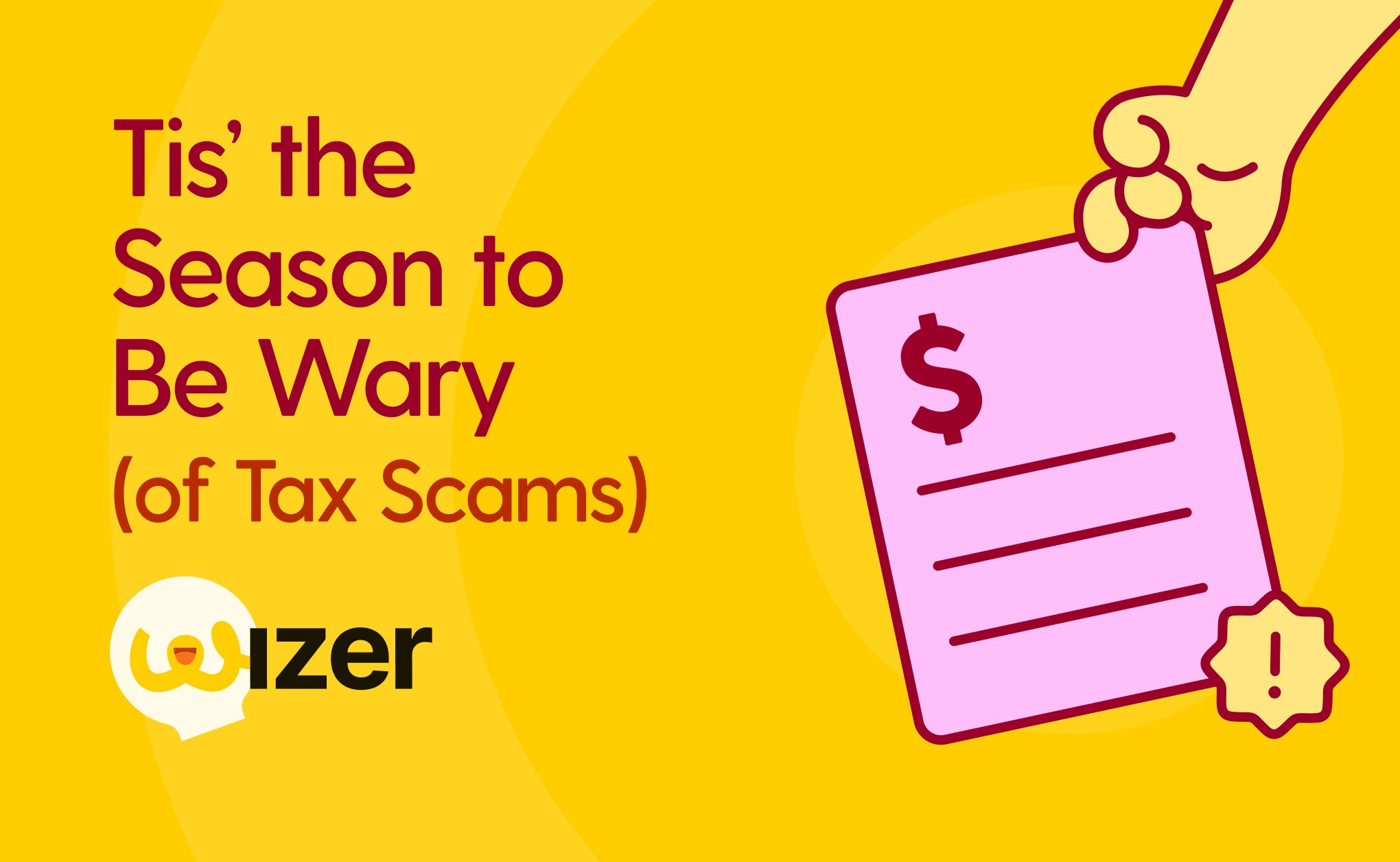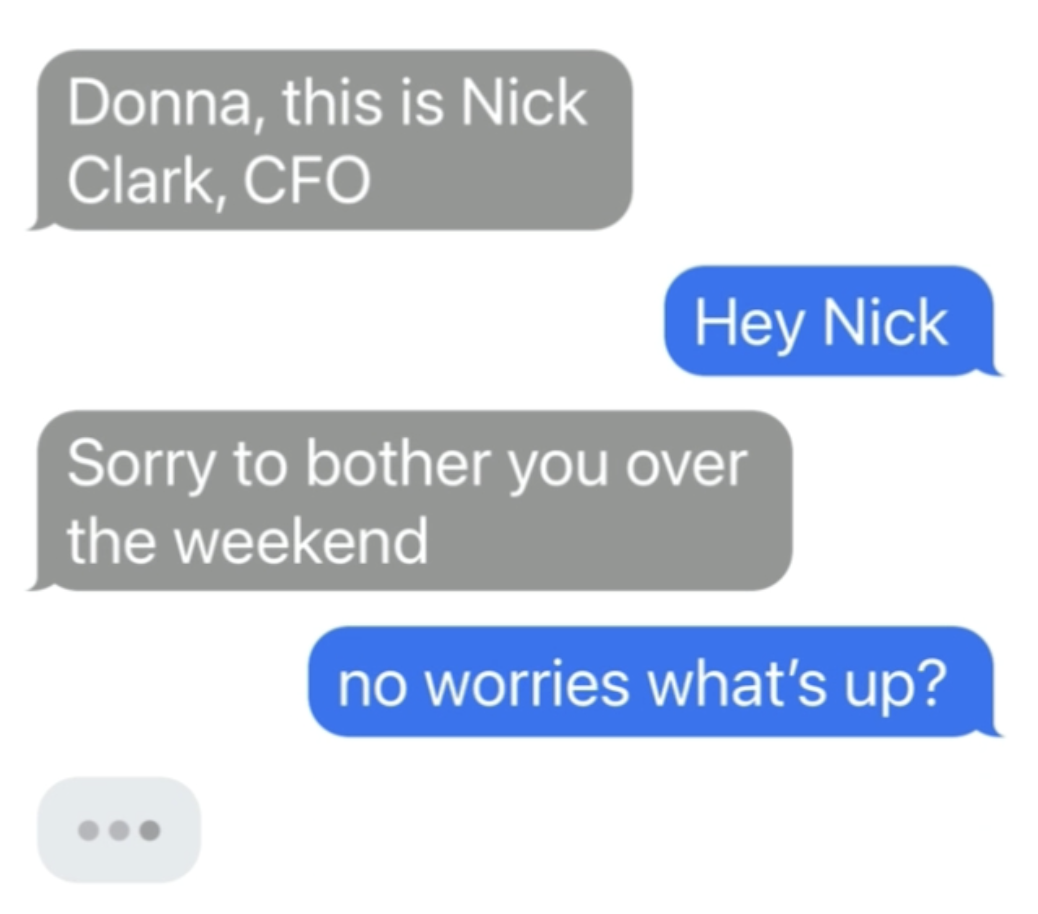Why You Should Not Always Trust Online Reviews
We’re all aware fake reviews happen, but fake reviews mandated directly from a CEO?
That’s right - this CEO not only MANDATED that each employee write at least 3 fake reviews, but also gave explicit instructions on how to get away with it in a lengthy company-wide email. I’m talking about Sunday Riley, a well known skin care brand, which was recently under fire for posting fake reviews of their products on a popular beauty retailer website.
In October 2018, an individual claiming to be a former Sunday Riley employee leaked an email on Reddit mandating employees to create fake Sephora accounts and post “glowing” reviews of products.
The subject line was: “Homework time – Sephora.com Reviews.”
The CEO not only gave explicit instructions on what to include in the reviews but also to read other reviews and “say the opposite.” She went even further by creating a VPN “how to” guide so that the “reviews don’t get traced back to our IP address.”
Unfortunately, they're not the only brand “faking it until their product makes it.” Restaurants, hotels and service providers are also utilizing fake reviews to boost business. Not only is it absolutely vital to know how to shop safely online, but also how to spot fake reviews.
So, how can you tell which ones are real?
Use these 7 tips for how to spot fake reviews.
Look At The Lingo
Keep an eye out for industry-specific terms that the typical customer would not likely use.
Don’t Rely on One Platform
There are platforms, such as Reddit and Quora, that allow you to search the site to find out what people have to say about them.
Be Cautious of Black and White
If a review is all positive or all negative, take a closer look. Nowadays, people will have pros and cons for just about anything.
Look for Verified Purchases
Review platforms, such as Amazon, will verify if the purchase happened on that site or not. If it did not, it will be labeled as an ‘unverified purchase,’ which is more likely to be a fake review.
Check Out their Profile
Go to the reviewers profile and read other reviews that they posted. If their reviews are only praise for one particular place or product, or complaints about a particular place or product, they’re most likely fake.
Check the Spelling and Grammar
Because many fake reviews are outsourced from out-of-country content farms, they will often have typos, broken English or incorrect uses of the language that is not typical of a native speaker.
Beware of Generic Names and/or Photo-less Profiles
Look for names like John or Jane Smith, obvious fake names or names with just numbers and letters. Majority of the time these will not have a profile picture, and are more than likely fake.
Bottom Line
You cannot automatically trust online reviews. Do you research and use multiple sources.

Gabriel Friedlander
Gabriel Friedlander is the Founder & CEO of Wizer, whose mission is to make basic security awareness a basic life skill for everyone. Wizer has been rapidly growing since being founded in 2019, and now serves 20K+ organizations across 50 countries. Before founding Wizer, Gabriel was the co-founder of ObserveIT (acquired by Proofpoint). With over a decade of experience studying human behavior, he is a prolific content creator on social media, focusing on online safety to elevate public understanding of digital risks. His engaging 1-minute videos have captured the attention of millions worldwide, going viral for their impactful messages.

